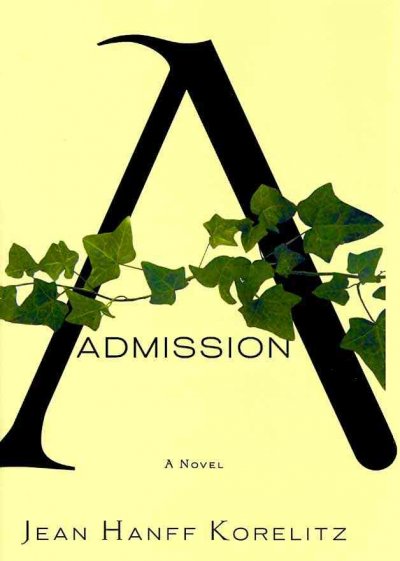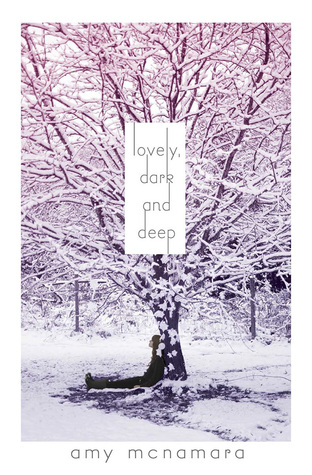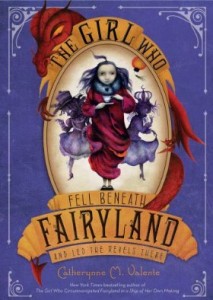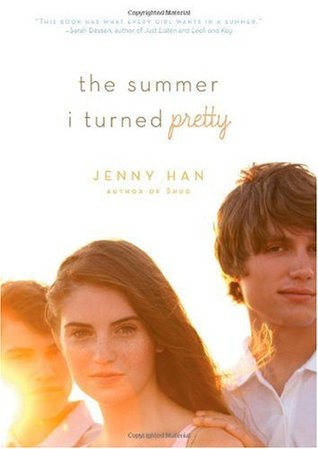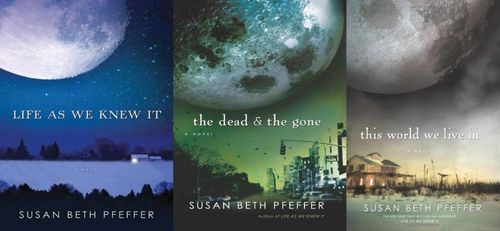I was not so enthusiastic in my last post, but since then, I have been on a serious roll. The last five books I've read have been total home runs (and the one I'm reading now is shaping up to be one as well).
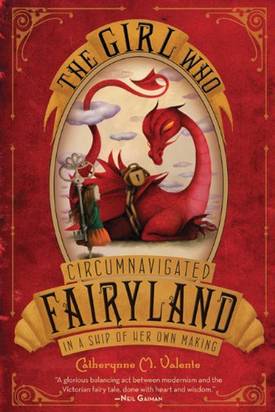
Let's begin with Catherynne Valente's
The Girl Who Circumnavigated Fairyland in a Ship of Her Own Making, which is utterly magical and completely heart-wrenching. I fell hard for September, the Green Wind, the Wyverary (son of a Wyvern and a library, of course)...the whole bunch of enchanting characters. Not to mention Fairyland itself, a land suspiciously absent of fairies. Valente's descriptions made me want to draw everything she described (a good sign) and September's quest kept me on the edge of my seat throughout. I was especially enthralled by everything that happened once September was separated from Ell and Saturday. Her tenacity made me cry. For real. I have only one complaint: I'm not a fan of the illustrations. But who needed them anyway? The images Valente drew in my head were more than enough.
After the triumph of the first book, I moved straight into the second:
The Girl Who Fell Beneath Fairyland and Led the Revels There. It picks up where the first book left off, with September waiting to return to Fairyland (as a Ravished child who has eaten the food of Fairyland, a la Persephone, she must return annually) and still missing her Shadow. Another grand success, with a visit to the world Below Fairyland. More delicious characters and new lands to explore. A creepier book, which makes sense, given the shadowy underworld in which it takes place. But September is a true hero, and her quest to save Fairyland from turning into the real world is spellbinding. I was especially moved by the scene with the Onion Man. It was initially creepy, but once the dancing started, I was in tears.
After that, it was on to Laura Amy Schlitz's
Splendors and Glooms. I wasn't sure quite what to expect from this, although I had read reviews that described it as being the kind of book where liking it made you feel smart, like you were
getting something most people didn't. I was intrigued. Having read it, I can say that were I reading it in junior high, I absolutely would have felt that way. The historical setting, Dickensian dialects, and the general creepiness of marionettes would do that. And it is kind of tough to get a grip on at first, especially since it starts with a scene featuring an ancient and dying witch. But really, once you've gotten a bit into the first chapter, you're hooked. The characters, especially the children, are vivid. It's a world that creeped me out and sucked me in at the same time. Fantastic.

If you held me at gunpoint and forced me to declare one of these five books the winner, this is the one I would choose. In a field of truly fantastic books, it was, for me, the most fantastic. It's the story of two young women during World War II - a pilot, Maddie, and her friend. The friend, our narrator (for much of the book), is flown into France by Maddie. When Maddie has trouble landing the plane, our narrator is forced to parachute and the two are separated; our narrator is quickly apprehended by the Nazis and held. This story is her confession, tortured out of her. I don't want to say anything more. I didn't ever intend to look out for spoilers here, but honestly, if someone came across this post and learned anything more than what I've said, I'd be brokenhearted. I will say, again, that this book is incredible. A beautiful story about WWII and bravery and, more than anything else, friendship.
Finally, Meg Rosoff's
How I Live Now. This is a book for class. From here on out, at least for a little while, that will be my focus. The last couple of books I read for class,
Twilight and
The Summer I Turned Pretty, were pretty disappointing (well, I knew
Twilight would suck, but it was disappointing to have to read it anyway), but
How I Live Now was great. It made those last two seem far worse in comparison. It's fairly short (less than 200 pages), and it flies breathlessly by. This is due, I suppose, largely to the style in which it is written, with run-on sentences and a stream-of-consciousness feel (especially given the lack of consistency when it comes to tenses). I have to assume that this is also the reason for the absurdly high Lexile (1620!). It's a strange story, set at some point in what seems to be the near future. 15-year old Daisy has been sent to England to live with an aunt (Penn, who is only a minor character) and her four cousins. Shortly after her arrival, England is occupied by terrorists (who they are, what they want, etc. is never made clear, although based on the things Daisy says later on, it sounds like similar terrorist groups occupied most developed countries in the world, leaving the English on their own). Daisy and her cousins are at first unaffected, continuing with their unsupervised, Edenic existence. Eventually, the real world comes knocking - their farmhouse is taken over by the military and the children are split up and sent away. The rest of the story follows Daisy and her cousin Piper, as they try to survive and reunite the family.
It's a weird story, especially the part about Daisy and her cousin Edmond falling in love (is there some metaphorical meaning to this?). The post-apocalyptic travelogue thing reminded me quite a bit of Cormac McCarthy's
The Road. Both books lack real specificity - we know the country in which the story is taking place, but not the specific location; we know this is the future, but not exactly when; we know that something bad has happened, but the whats and why are a little fuzzy. Daisy can be a frustrating narrator - she isn't really interested in the specifics, so she doesn't talk about them. She's also, apparently, anorexic (another detail that seemed like it must have some metaphorical significance that I'm missing). She's not particularly likable at first, but you can't help aching for her as she and Piper try to find their family and stay safe. The scene when they finally arrive at the place Edmond and his twin Isaac are supposed to be is graphic and horrifying and completely heartbreaking, and by the time they finally make it back to the farmhouse, I was exhausted. I didn't know what to expect from this book, but by the time I laid it down, I was a big, big fan.
Next up: Ernest Cline's
Ready Player One. And by "next up," I mean I'm already 100 pages in and
loving it.
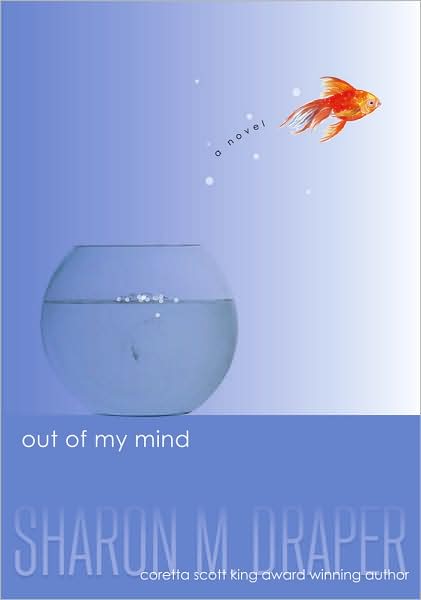 Second. This week was my last week in the elementary school. I had been flipping through the books on the Maud Hart Lovelace Award list in my spare time and decided to grab the opportunity to take one home and plow through it. The book I chose was Sharon M. Draper's Out of My Mind. SUCH A GOOD CHOICE!
Second. This week was my last week in the elementary school. I had been flipping through the books on the Maud Hart Lovelace Award list in my spare time and decided to grab the opportunity to take one home and plow through it. The book I chose was Sharon M. Draper's Out of My Mind. SUCH A GOOD CHOICE!